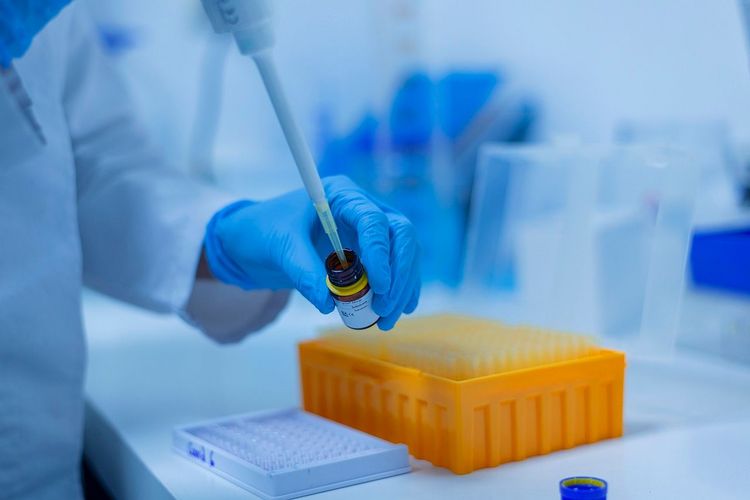Samsung has taken a significant step forward in enhancing its semiconductor production capabilities in the United States. The company has secured an impressive $6.4 billion in direct funding through an agreement with the Department of Commerce, facilitated by the CHIPS and Science Act. This strategic investment will expand Samsung’s footprint in Texas, where the company plans to establish two new edge chip production sites, a cutting-edge research and development facility, and a packaging plant in Taylor, while also upgrading its existing operations in Austin.
This initiative aligns with the U.S. government’s objective to bolster domestic semiconductor manufacturing, paving the way for the nation to produce 20% of the world’s chips by 2030. President Biden emphasized the significance of this investment, highlighting that it will spark over $40 billion in total investments from Samsung. Furthermore, it is expected to create at least 21,500 jobs while leveraging up to $40 million in CHIPS funding aimed at training and developing the local workforce.
The Taylor facility will specialize in manufacturing advanced two and four-nanometer chips, while the new R&D center will focus on next-generation hardware solutions. The packaging plant will play a crucial role in producing memory solutions tailored for AI applications and various industries, including automotive, communication, and defense.
With nearly 30 years of presence in Austin, Samsung’s expansion will include advancements in Fully Depleted Silicon on Insulator (FD-SOI) process hardware, which is essential for devices operating in radio frequency contexts, particularly in the automotive sector. Notably, the company is currently constructing a chip plant in Taylor, located about 30 miles from Austin, with the project set for completion by the end of this year.
Sustainability is a key focus in Samsung’s operations, as demonstrated by its commitment to reusing 96% of waste at its Austin site and implementing carbon-free electricity and efficient water conservation practices at the proposed Taylor facility. This careful management is critical, as semiconductor fabrication requires substantial water to keep production environments clean and dust-free.
Kye Hyun Kyung, president and CEO of Samsung’s device solutions division, stated, “We’re not just expanding production facilities; we’re strengthening the local semiconductor ecosystem and positioning the U.S. as a leading hub for semiconductor manufacturing. Our fabs will be equipped for cutting-edge process technologies to meet the anticipated surge in demand for products like AI chips and enhance the security of the U.S. semiconductor supply chain.”
Samsung’s ambitions in Texas predate the CHIPS Act, as the company indicated plans to construct up to 11 chip plants within the state as early as July 2022. Meanwhile, in addition to its U.S. initiatives, Samsung is also investing in expanding its chipmaking operations in Korea, including the construction of the world’s largest chip plant near Seoul.
The CHIPS and Science Act has garnered praise from industry leaders, including the Semiconductor Industry Association (SIA). John Neuffer, SIA president and CEO, remarked on the Act's positive implications for U.S. manufacturing and innovation. “Today’s announcement will help Samsung bring more semiconductor production, innovation, and jobs to U.S. shores, reinforcing America’s economy, competitiveness, and critical chip supply chains,” he noted, commending Samsung’s commitment to investing in domestic manufacturing.







